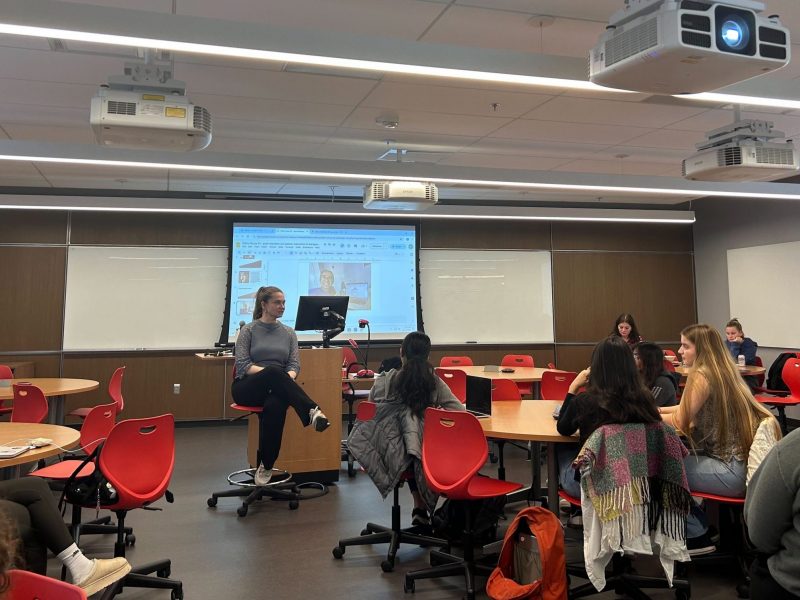
Weekly News Roundup
AFFIRMATIVE ACTION
In a landmark ruling, the Supreme Court decided Tuesday that Michigan’s ban on affirmative action policies in the state’s public higher education system could stay in place.
“This case is not about how the debate about racial preferences should be resolved. It is about who may resolve it,” Justice Anthony M. Kennedy wrote in the majority opinion. “There is no authority in the Constitution of the United States or in this court’s precedents for the judiciary to set aside Michigan laws that commit this policy determination to the voters.”
While using racial quotas in college admissions has long been held unconstitutional, no limits have been placed on giving admissions preference to students of color. Michigan voters approved a ban on such preferences in 2006, sparking a legal battle over states’ rights.
Lower courts held the ban unconstitutional, but the justices ruled 6-2 that the court does not have the authority to overturn individual state policies that do not violate constitutional rights. Kennedy concluded in the main opinion that the ban did not target any specific minority groups, so the equal protection argument common in affirmative action cases did not apply.
The ruling has implications for state university systems across the country, including this state, which has demonstrated ability to build a diverse student body through a 2013 New York Times study that found this university has a particularly small gap between its graduation rate and its percentage of black students. Just as states can choose to use race-based preferences, Justice Stephen G. Breyer wrote they can choose not to. —Laura Blasey
TERPRIDE
Earlier this week, the university unveiled a new bus outfitted with flat panel monitors, computers and satellite television.
The Department of Transportation Services created the vehicle, dubbed TERPRIDE, in partnership with University Relations. The former shuttle bus turned mobile “experience vehicle” was introduced outside Stamp Student Union on Tuesday.
TERPRIDE can be rented for university-affiliated events and is expected to turn remote spots “into a hub of Terp spirit,” according to a university news release.
“This campus hosts thousands of visitors each year, and yet there are opportunities out there — state and county fairs, high schools recruiting events, alumni gatherings — that we haven’t fully taken advantage of,” said Brian Ullmann, university assistant vice president of marketing and communications, in the press release.
The university did not list TERPRIDE’s cost in the release. —Joe Antoshak
GREENEST COLLEGES
The Princeton Review named this university among the greenest colleges in the country.
The university is one of 330 U.S. schools listed by the college admission services company. Six other institutions from this state made the list, including Frostburg State University, Goucher College, Johns Hopkins University, Salisbury University, St. Mary’s College of Maryland and Towson University.
The Princeton Review and the Center for Green Schools at the U.S. Green Building Council picked schools based on their commitment to sustainability in various categories, such as academics, activities and campus infrastructure. —Jenny Hottle



